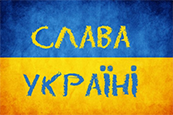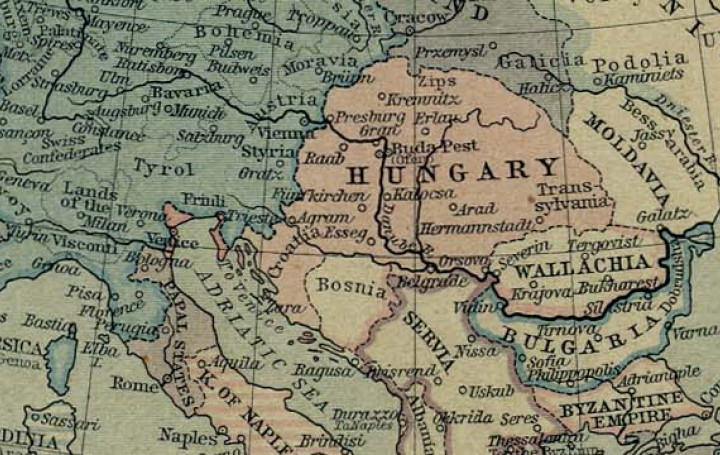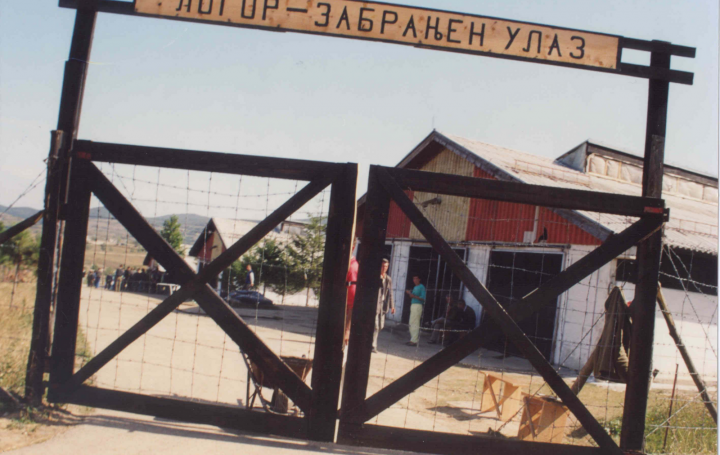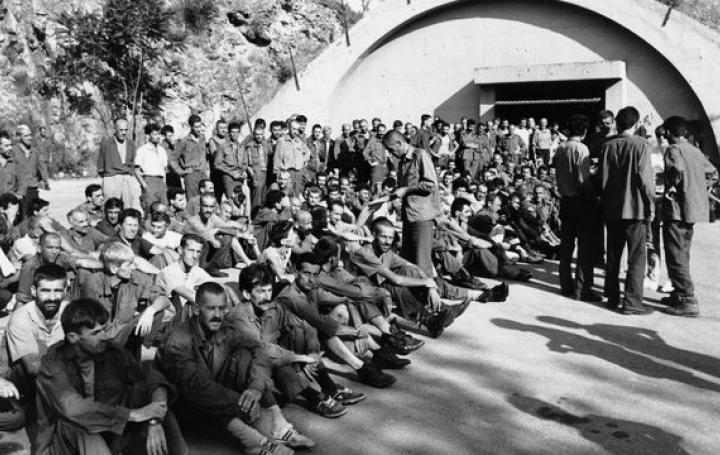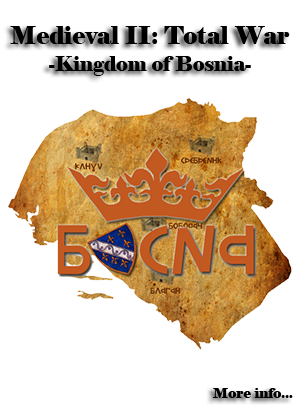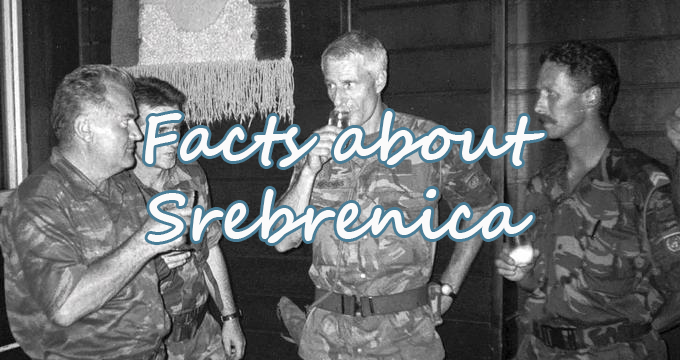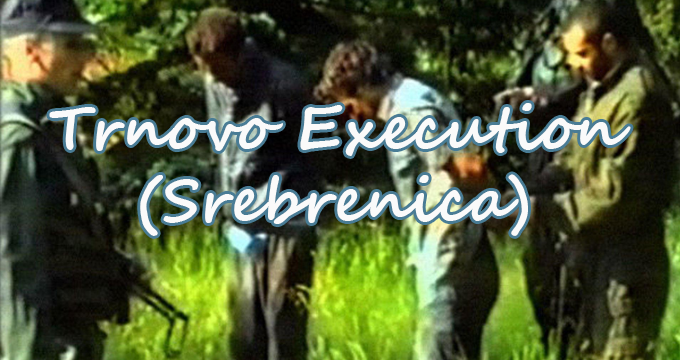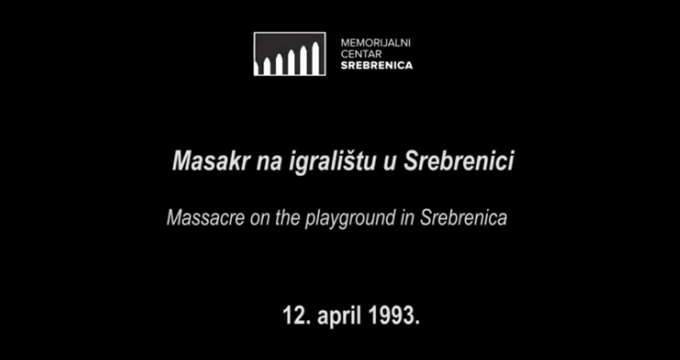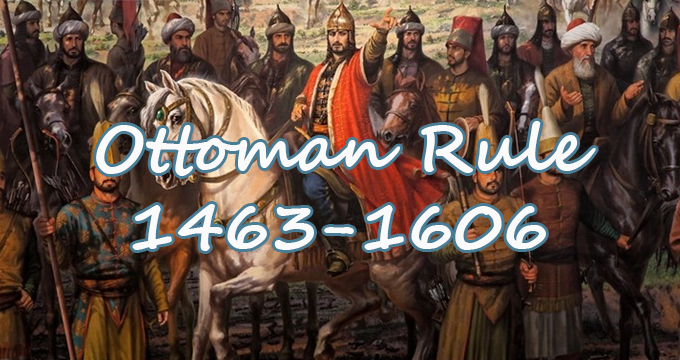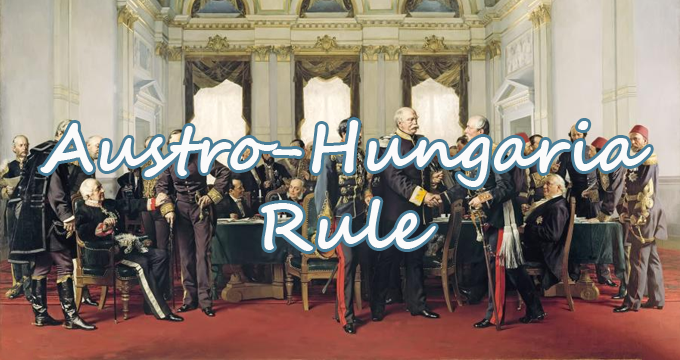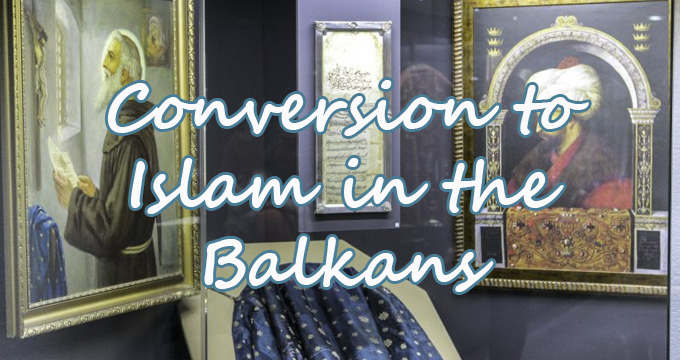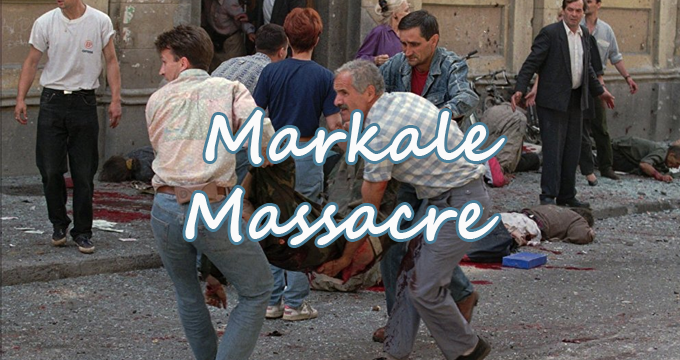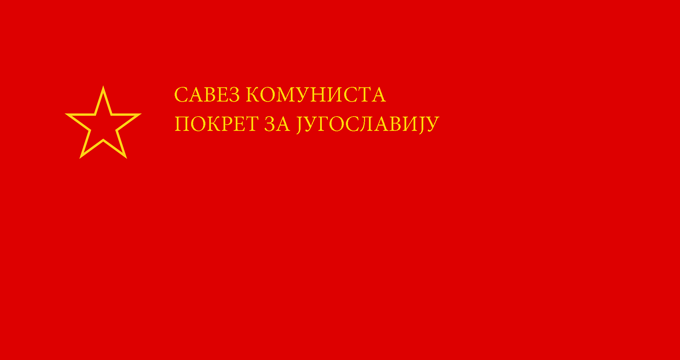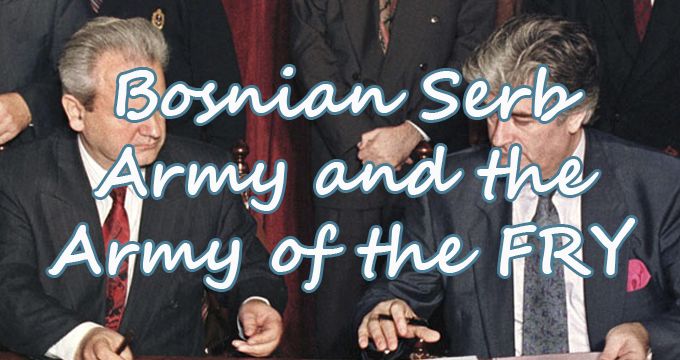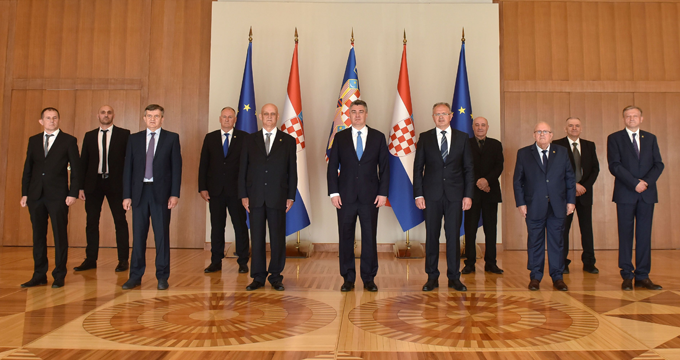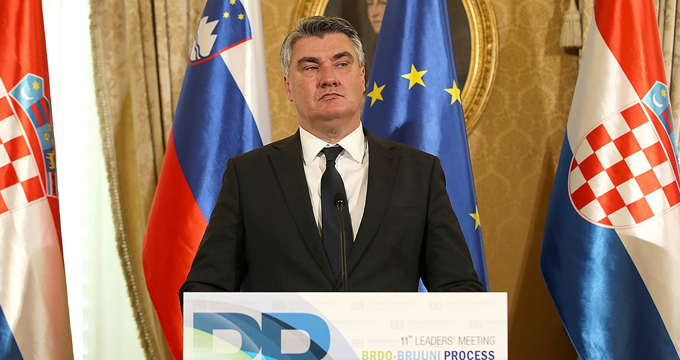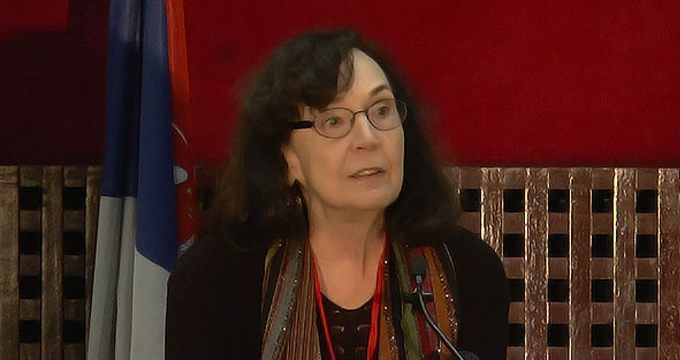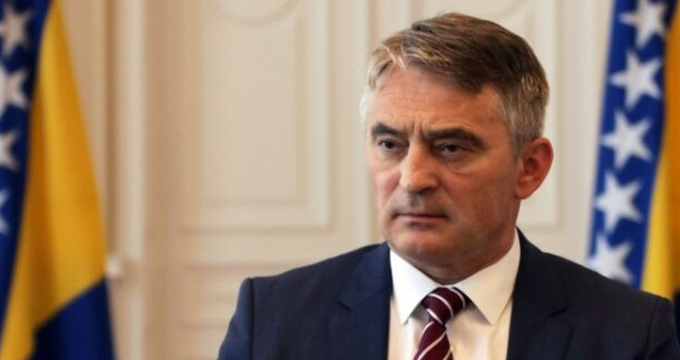Ukraine’s valiant liberation struggle against the Russian Federation’s aggression and illegal occupation is undoubtedly the great geopolitical struggle of our time. The consequences of this conflict will have generational impacts on States great and small across Eurasia and the Atlantic world. In Bosnia and Herzegovina, itself a victim of aggression by a neighboring country during the 1990s, we are especially aware of both the strategic necessity of Ukraine’s victory and the suffering of the Ukrainian people in their efforts to achieve that success.
But as a member of Bosnia and Herzegovina’s presidency, I am also keenly aware of the limits of the Atlantic community’s contemporary security policies, above all in the likewise strategically vulnerable Western Balkans. In our region, and in Bosnia and Herzegovina specifically, I am concerned that Western policy has remained wedded to short-term solutions and an understanding of stability rooted in appeasing criminal-nationalist elites rather than fostering the emergence of functional representative and democratic institutions.
I see the Kremlin’s malign agenda at work in this region. My cabinet has consistently alerted our Atlantic partners to the depth of Russia’s machinations in Bosnia and Herzegovina and across the Western Balkans. In December 2020, for instance, despite the risk of severe retribution by the Kremlin against my country, I refused to meet with Russia’s Foreign Minister Sergey Lavrov after his government once again made clear its support for local secessionists. We were willing to risk retribution from Moscow when many in Europe were still attempting to engage Vladimir Putin.
Of course, I have been gratified by NATO’s growing assistance to our armed forces, and the Alliance’s recognition of Bosnia and Herzegovina as an important theater in contesting the Kremlin’s imperial agenda. And like most Bosnians, I am especially pleased that NATO and its members have been so forthcoming with military aid to Ukraine, especially considering our experiences with the unjustifiable United Nations arms embargo during the Bosnian War, which served only to exacerbate the terror inflicted upon the civilian population.
Yet in the Western Balkans, Russia rarely acts directly. Instead, it relies on a complex network of proxy actors to advance its agenda, a fact that our Western partners often fail to fully appreciate. As a recent report by the European Council on Foreign Relations’ Majda Ruge correctly noted:
All the indications are that the threat to peace in Bosnia is primarily homegrown and regional, while Russia plays a spoiler role where it can do so at a low cost. Bosnia’s sovereignty and territorial integrity have been under repeated attack by Bosnian Serb – and, more subtly, Bosnian Croat – nationalist politicians since 1996, when the implementation of the Dayton Peace Agreement began…Russia’s most important instruments on the ground are these actors and the constitutional blockage mechanisms at their disposal.
The confounding and discriminatory provisions of my country’s existing constitutional regime are well known. But because Bosnia and Herzegovina’s constitution is embedded within the U.S.-brokered Dayton Peace Agreement, and because of the vast powers afforded to separatist elements by this document, reform has proven exceedingly difficult. The overwhelming desire of the Bosnian public to bring our country’s constitutional and legal norms in line with those with the democratic standards of the Euro-Atlantic community have been stymied through both institutional and extra-institutional means, including threats of violence by hardline nationalist elements.
It is why Bosnians have for so long been forced to rely on the mediation and assistance of the United States and the European Union in resolving our country’s myriad governance challenges, including threats to our sovereignty and territorial integrity. It is a necessity born out of the very nature of our American-brokered constitution.
But this is a relationship we must change. To do so, we must create the democratic institutions and processes necessary to create a sovereign Bosnia and Herzegovina, capable of being a State that contributes to the EU and NATO’s interests, not merely one that is dependent on them. And we must do so today, for this generation of Bosnian citizens, to also stem the tide of crippling emigration that has robbed us of our best and brightest and to create a sustainable future for those still in their homeland, and those who might be enticed to return.
Bosnia and Herzegovina’s security, and with it the stability of the whole of the Western Balkans, depends on the country’s democratic evolution. Unfortunately, recently renewed efforts by the international community, including interventions by the Office of the High Representative in our Oct. 2 general elections, have only served to further entrench recalcitrant sectarian interests, moving Bosnia and Herzegovina even further away from our EU and, most immediately, NATO membership aspirations.
Appeasing extremist elements only emboldens them. We know this from the Bosnian War. We know this from Russia’s first and second invasions of Ukraine. And we know this from Europe’s darkest moments in the early 20th century.
The assistance Bosnia and Herzegovina needs is to help bring our constitutional regime in line with the substance of the EU acquis, its collective rights and obligations that make up EU law, which emphasizes “the universal values of the inviolable and inalienable rights of the human person, freedom, democracy, equality and the rule of law.” This must not only be our immediate goal for its own sake — because it is a political and ethical imperative — but because genuine constitutional democracy is the only system that can guarantee Bosnia and Herzegovina’s sovereignty, and therefore also the stability and security of the Western Balkans.
I remain committed to using all democratic and legal means available to move Bosnia and Herzegovina toward those universal standards of freedom and equality. At minimum, this means the implementation of all outstanding decisions of the European Court of Human Rights and our own Constitutional Court. For my cabinet, it also means continuing to support any credible legal challenges to the country’s existing sectarian regime and using the power of the courts to move Bosnia and Herzegovina towards full civil rights for all citizens.
I remain convinced that the result of those efforts must and will be our accession to the EU and NATO, and that this will be a historic accomplishment not only for my country but also for the Euro-Atlantic community.
Achieving these ambitions requires credible and immediate efforts towards establishing the institutional arrangements necessary for the expansion of full democratic rights and protections to all citizens of Bosnia and Herzegovina, regardless of their ethnicity, gender, religion, or creed. I ask our partners in the Euro-Atlantic community only to insist on and to aid us in the creation of the same constitutional and legal norms in Bosnia and Herzegovina that are the law of the land in their own countries. That aid cannot consist of continuing to reinvest in the failed politics of ethnic sectarianism, as sadly the Office of the High Representative has recently done. It requires our allies asserting the end of that era in Bosnia and Herzegovina’s relationship with the West, and us collectively committing ourselves to solutions that will move the country toward the democratic and political standards of the EU and NATO. Above all, this approach will require recognizing and stating clearly that Dayton and the broader Dayton constitutional formula were never intended to be the ceiling for Bosnia and Herzegovina’s political evolution. Dayton was meant to be the starting point. And the time has come for us to move beyond its narrow, discriminatory provisions toward a model of genuine democratic equality and free and fair political competition.
The Bosnian people do not seek exceptions, nor do they seek any accommodation from the EU or NATO. We ask only for the support needed to realize our democratic aspirations: full equality for all our citizens, and government that is accountable, transparent, and representative.
I am convinced that Ukraine’s resilience in the face of Russian aggression is rooted in the country’s pluralism and democracy. Bosnia and Herzegovina, too, has been defined by its pluralism throughout our history, despite frequent efforts to destroy and divide our people and their culture. That is our strength. Now, the time has come to marshal that strength to create a constitutional democracy in Bosnia and Herzegovina worthy of its name – and worthy of our citizens.
Reference:
1. by Željko Komšić (December 12, 2022); Just Security: https://www.justsecurity.org/84434/a-presidential-appeal-to-the-us-and-the-eu-for-bosnias-democratization/

